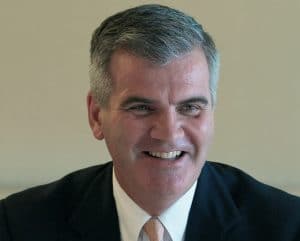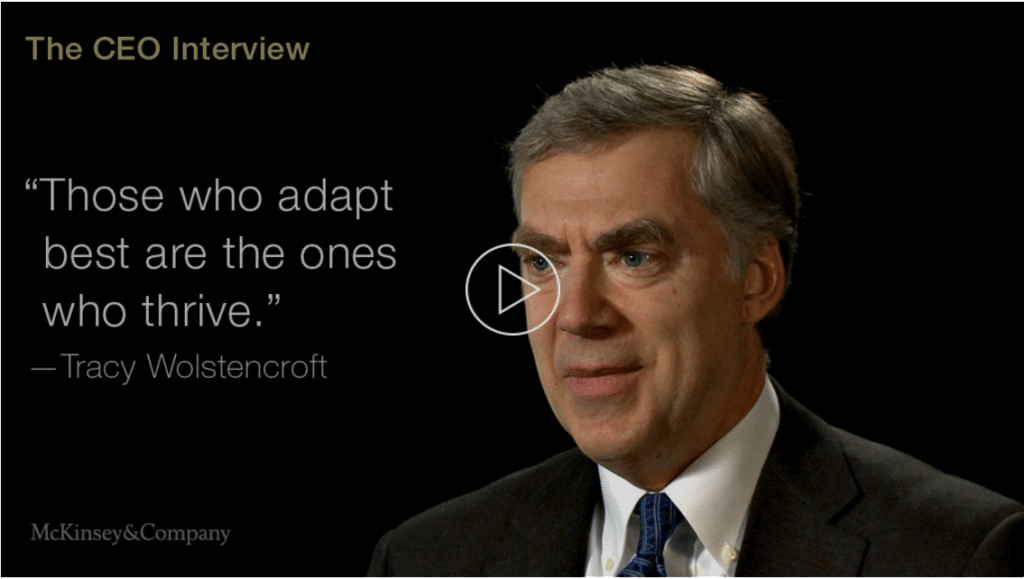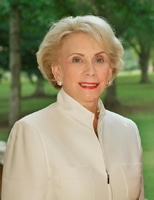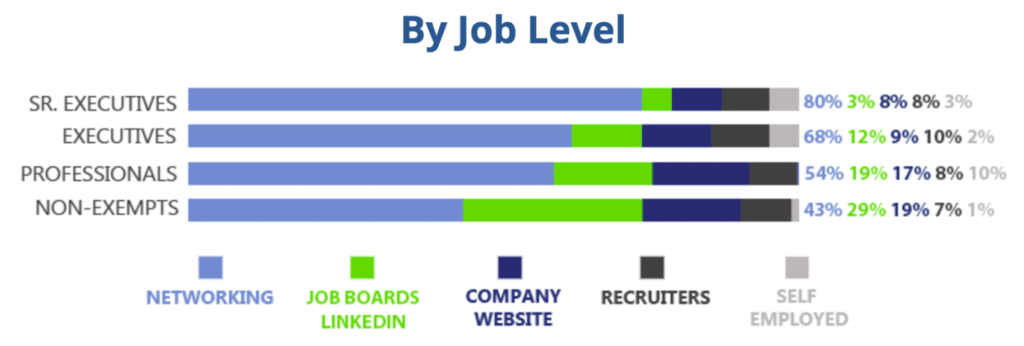Competition is fierce for high-performing leaders who can manage the ever-changing market. Since the recession of 2008, the job market has shifted from an employer-driven climate to an employee-driven market, and this is reflected at the top levels of leadership. C-level tenure is dropping, and many industries are crowded with brand-new billion-dollar companies with inexperienced leadership. More unplanned leadership successions occur than ever before.
As the market takes an expanded global outlook, it poses new challenges for hiring at the executive level. These include unprecedented scrutiny from shareholders, pressure to demonstrate ROI growth, increased politicization of the marketplace, and new technology disruptions in industries across the board.
Executive search firms have seen their own disruptions: an increase in networking sites but a drop in quality engagement, changing search algorithms, and the rise of social media recruiting tools. We gathered the six best interviews given by executive search firm professionals this year. They describe how the executive recruiting industry is changing and how to achieve success in the future.
Lou Adler - CEO, The Lou Adler Group
Lou contends that the majority of top performers are not looking for a lateral job change. Most employers assume a surplus of top talent. In reality, there is a top talent shortage. “If your company still posts jobs that emphasize must-have skills, experiences and personality traits, you're assuming there's a surplus of talent,” Lou says. Fast and cheap are not goals to have when hiring, especially for companies vying to prevail in the talent war. Lou explains in detail how to shift into a mindset of attracting, hiring, and retaining top candidates.
Mark Oppenheimer - Managing Partner of Marlin Hawk Group
George Davis - Leader of CEO search at Egon Zehnder

The formal succession plan of many companies does not comprehensively address replacing C-level executives. Further compounding the issue, most boards of directors have experience in their industry, but not specifically in a CEO transition.
Davis points out that stock prices and shareholder confidence suffer when a succession is unplanned. He therefore emphasizes the need for an experienced executive search firm when conducting a C-level transition; he contends that internal candidate retention is a key issue in this kind of search. “In the days of working for one company for decades and receiving a gold watch when you retired, you didn’t have to worry about internal candidates being disappointed and leaving if they were not selected, or not selected fast enough,” he explains. In this era internal candidates who miss out on a position are at a high risk for leaving.
Tracy Wolstencraft - CEO of executive search firm Heidrick & Struggles

Wolstencraft points to the growing need for authenticity in an increasingly crowded, uncertain, and unpredictable world. Today’s talent enjoys unprecedented access to a potential employer’s information, and top candidates can be infinitely more informed before making job change decisions. What is the best way to resonate with top candidates while maintaining integrity? He advises, “It gets back to communication. You have to strike a balance between being confident and assertive, while helping folks realize, ‘Here are the risk factors.’”
Emily Parker Myers - CEO of Myers McRae Executive Search

Myers, who specializes in higher education leadership searches, notes that technology has significantly changed the face of recruiting. New tools allow recruiters to make more connections at a higher speed and interview remotely, which previously was very difficult. However, she emphasizes that relationships are the foundation of a good recruiter. “The foundational key to a successful placement is the interaction you have with a prospect and your client,” she says.
While technology makes communication easier and quicker, there is no substitute for developing a good business relationship with clients and candidates—something that internal search teams cannot offer.
Keith Mullin - Mullin International
Finally, Keith Mullin of Mullin International collected data for over 30 years on thousands of employees making job changes. He found that networking accounts for the most filled jobs at the senior executive level. While search firms are number two, they are a great option for firms whose networks are immature or who need additional help when bringing on a C-level replacement or making a complex leadership transition. See more of his data here.

Image: The rate of success drops sharply for traditional job boards, networking sites, and company websites at the executive level and above. However, recruiters account for a consistent percentage of hires across the board, including the 8-10% of hires at the executive level and above. Only personal networking has a higher success rate.
Data from Mullin International, 2016.

